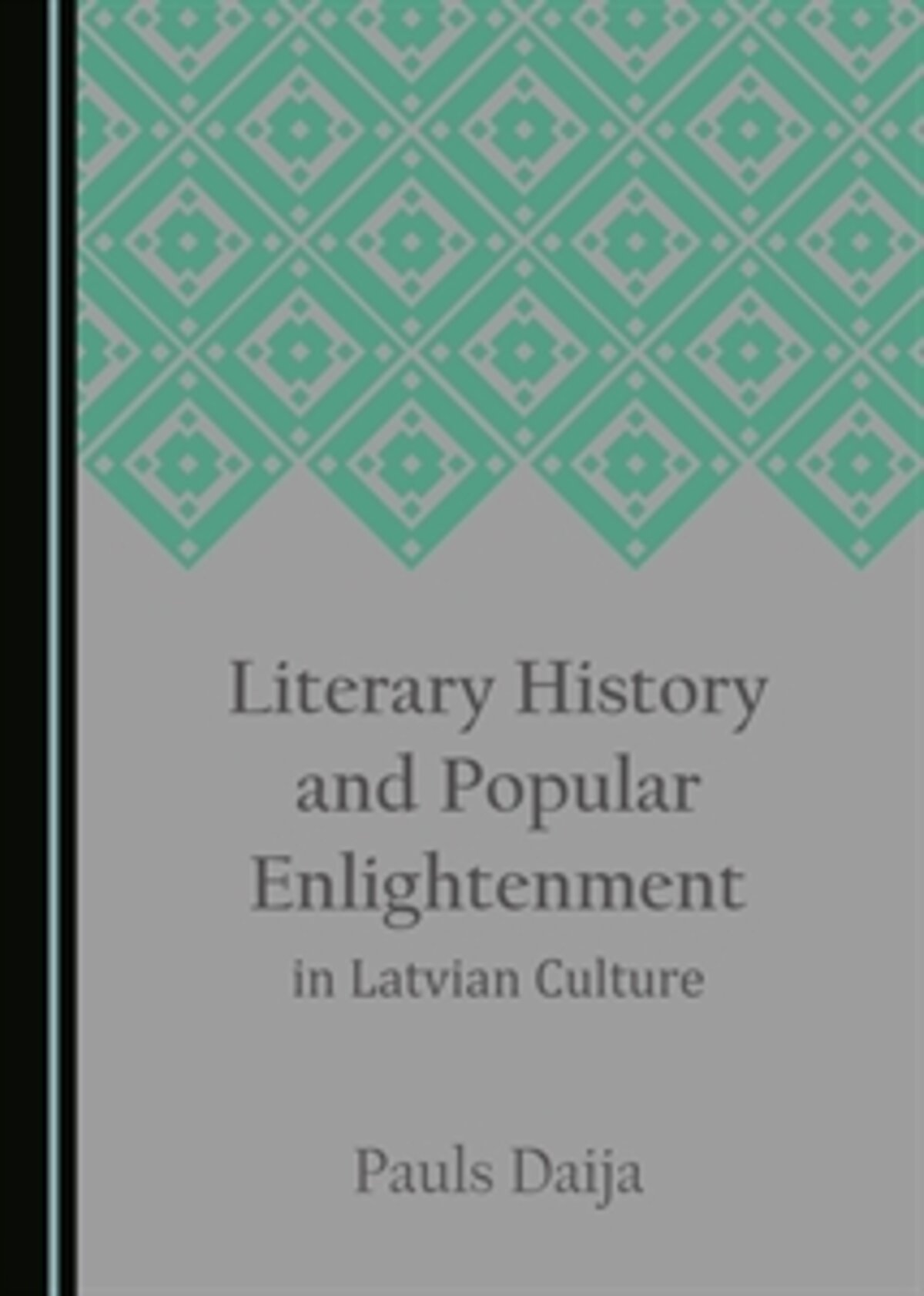
For the first time, the international reading public can read a study devoted to the Latvian literary history of the late 18th and early 19th centuries – a period of time when the German Volksaufklärung (popular enlightenment) project was imported to the Baltic provinces of Russia. While previous studies on the 18-century Baltic enlightenment history have focused on socio-economic debates of this era, as exemplified in works of Garlieb Merkel and others, this book offers a closer look at the printed media written in the vernacular for Latvian peasants in order to enlighten and educate the lower classes of Baltic society.
The book argues that the enlightenment of peasants, an 18th-century phenomenon that originated from an interest in common people, had a crucial impact on creating Latvian secular literary culture. When Baltic German intellectuals, inspired by the popular enlightenment in German-speaking countries, undertook the task to educate Latvian peasants through books, they also laid the foundation for the future emancipation of Latvian culture.
By exploring the nature of book production and changing images of peasants in Livonia and Courland in the second half of the 18th and the beginning of the 19th centuries, this book offers insights into the complex historical relationship between Latvians and Baltic Germans as well as the regional specifics of the Baltic enlightenment.
Pauls Daija, PhD, is a senior researcher at the Institute of Literature, Folklore and Art of the University of Latvia and editor-in-chief of Letonica, the international journal of humanities published in Riga. His previous publications include articles and edited volumes on the cultural history of Latvian 18th and 19th-century literature and Baltic German cultural history focusing on the enlightenment.
This research was supported by the European Social Fund within the project ‘Cultures within a Culture: Politics and Poetics of Border Narratives’ (Nr. 1DP/1.1.1.2.0/13/APIA/VIAA/042).

 LU konference
LU konference